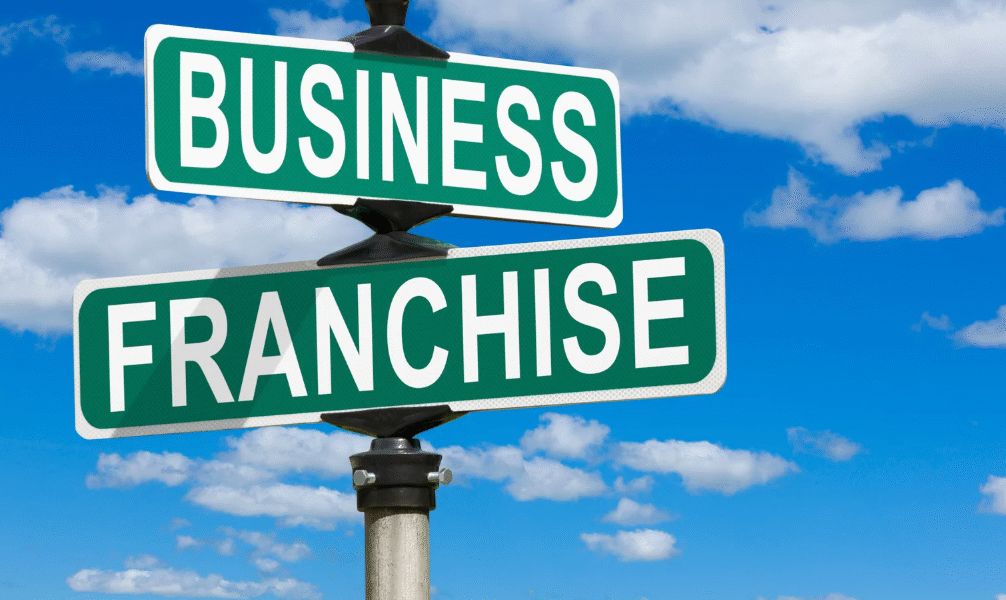Franchising is a popular business model that allows entrepreneurs to operate under an established brand name while benefiting from a proven business system. It serves as a bridge between full business ownership and working for a corporation, giving individuals the ability to run their own enterprise with the support and structure of a larger company. From fast food chains and retail stores to service providers and educational centers, franchising spans a broad range of industries and offers a relatively lower-risk path to business ownership. Understanding what a franchise is and how it functions is crucial for anyone considering entering this unique business arrangement.
Definition of a Franchise
A franchise is a legal and commercial relationship between the owner of a trademark, brand, or business model (the franchisor) and an individual or group (the franchisee) that is authorized to operate a business using that brand and system. In exchange for the right to use the franchisor’s brand name, products, and operational model, the franchisee typically pays an initial fee along with ongoing royalties, which are often a percentage of revenue.
The franchisee operates their business according to the franchisor’s established guidelines, ensuring consistency across all franchise locations. This consistency helps build brand recognition and trust among consumers, as they know they can expect the same quality and service regardless of the location. In return, the franchisor provides training, marketing support, supply chain access, and ongoing assistance to help the franchisee succeed.
How Franchises Work
When an individual decides to purchase a franchise, they enter into a franchise agreement that outlines the terms and obligations of both parties. This contract specifies everything from operational procedures and territory rights to advertising contributions and performance expectations. The franchisee benefits from immediate access to a recognized brand and a tested business formula, which significantly reduces the trial-and-error phase many independent startups face.
The franchisor gains by expanding their business footprint without bearing the full financial or operational burden of opening new locations. Each franchise is independently owned, but it functions under the franchisor’s umbrella, creating a win-win situation where growth is shared and controlled.
Types of Franchises
There are several types of franchise models, the most common being product distribution, business format, and management franchises. In a product distribution franchise, the franchisee sells the franchisor’s products directly, such as in automobile dealerships. In a business format franchise, which is more prevalent, the franchisee adopts the franchisor’s complete system for operating the business, including branding, training, and support—like most fast-food chains. Management franchises, on the other hand, allow the franchisee to manage the business while staff handle daily operations, which is often seen in services like cleaning or consulting.
Conclusion
A franchise offers a structured way for aspiring entrepreneurs to own a business while benefiting from the experience and reputation of an established brand. It combines the independence of small business ownership with the support and security of a larger network. For many, franchising presents an appealing route to entrepreneurship that minimizes risks and maximizes potential through collaboration. As long as both franchisor and franchisee honor their agreement and maintain high standards, the franchise model can be a powerful engine for economic growth and personal success.

